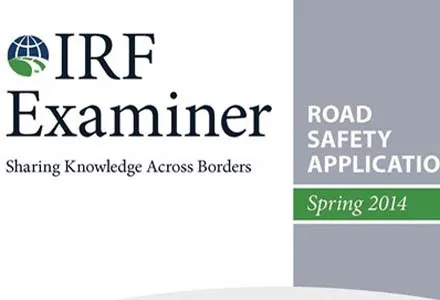
The Asphalt Institute has produced a new 89-page publication on the use of re-refined engine oil bottoms (REOB) or vacuum tower asphalt extender (VTAE). Its aim is to provide decision-makers with the most up-to-date information about the material – although the document does highlight the fact that there are still unanswered questions about REOB.
The use of REOB, defined as the non-distillable residuum from a vacuum tower in a used oil re-refinery, has grown in the US over recent years. It is used as a blending agent to soften binders and with higher levels of RAP used in paving, demand for REOB has increased. A Federal Highway Administration study found that 20% of 1,000 samples taken from highways in states around the US contained some REOB.
One section of the publication reviews 26 published papers on REOB, and finds that while some authors suggest that REON is innocuous, others say its usage may be detrimental to performance. The report also recommends that existing tests for mixtures and binders also need to be modified to model ageing after five years in service.
IS-235 State-Of-The-Knowledge, The Use of REOB/VTAE In Asphalt was produced by a special task force comprising representatives from Asphalt Institute companies, engineers from the institute and representatives from the Federal Highway Administration. It is free to download at asphaltinstitute.org/re-refined-engine-oil-bottom/ or available as a free eBook at %$Linker:






